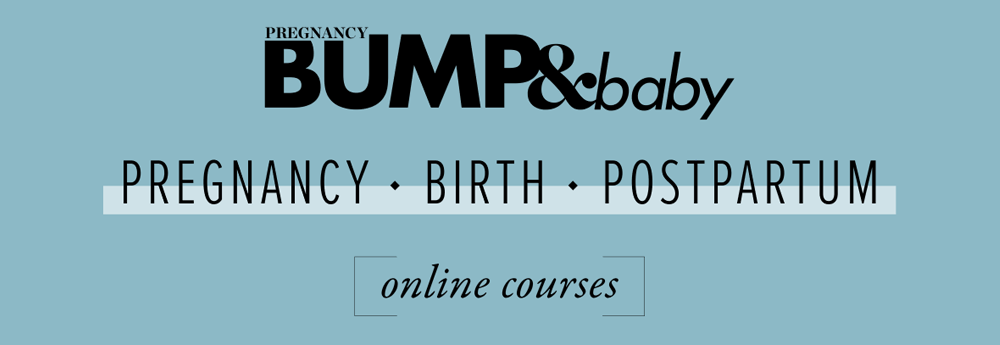
Conscious pre-conception care offers the most wonderful opportunity to significantly influence the future health of your child. It is the ultimate preventative medicine!
Pre-conception care means providing the maturing egg (oocyte) and sperm with all of the factors required for fertility and the creation of a healthy foetus, while at the same time omitting factors that have been shown to be detrimental. An egg takes approximately 100 days to mature, while for sperm it is an 80 day process. During this time, they are vulnerable to toxin exposures and nutrient deficiencies, hence the recommended four month minimum period for pre-conception care. The instant an egg and sperm combine, an irreversible genetic code is formed for future development of that baby. How incredible to know that you can have such a powerful impact in four tiny months!
So, what does it take to create great quality sperm and eggs? It is as much about what is included as what is omitted for this period.
The maturation of the egg and the sperm is influenced by both hormonal and nutritional factors so, during preconception care, the focus is on optimising both of these components. Balancing hormones is a highly individual process that an experienced health care professional can guide you with.
Nutritionally, it is critical to supply the developing egg with the right amount of every nutrient, while also not exposing the developing egg to substances that have been shown to be harmful to both the egg itself and to hormonal balance. Alcohol and coffee need to be omitted for the four months of care and during pregnancy. Studies have shown that women drinking more than three cups of coffee per day during the first trimester have an increased risk of miscarriage. Swapping coffee for green tea, with its minimal caffeine levels, calming effect on the nervous system and high antioxidants, can be a great start in the lead up to pre-conception care.
As you can see, the basis of any pre-conception care requires both the mum and dad-to-be to make a commitment to this special time in their lives. You can also see how Real Food and good quality supplementation would make all the difference in a healthy conception. It is truly a miraculous process and by supplying your body with the nutrients it needs, it helps you to have a healthy precious bundle.
[one_third][bg_contents bgcolor=”#C1F0F6″]
General Food Guide
- Your diet needs to be based on real food: food the way nature created it with as little human interference as possible.
- Do what you can to amp up the plant content of your diet.
- Eat regular meals. Do not skip meals.
- Stay hydrated with good-quality water.
- Aim for all foods to be fresh and organically grown/fed wherever possible, as they have a higher nutritional value, and are lower in toxins, hormones and pesticides.
- Do not overcook your food.
- Do not use the microwave for cooking or defrosting.
- Do your best to eat seasonally and aim to eat mostly locally-grown produce.
- I am an advocate of supplementation of nutrients during preconception care and pregnancy, which is best tailored to individual needs.
[/bg_contents]
[/one_third]
[one_third][bg_contents bgcolor=”#BDECB6″]
Research shows
- A recent study of 400 couples by Foresight in the UK, found that with a minimum of four months’ pre-conception care (and continued throughout the pregnancy) the following results occurred:
- Of women with a history of miscarriage, medically diagnosed infertility, therapeutic termination and stillbirth, between 73–83% gave birth.
- The average gestational age was 38.5 weeks (none born before 36 weeks).
- The average weight was 3.29 kg (none under 2.368kg).
- No miscarriages (average expectation would be 70).
- No perinatal deaths.
- No malformations (average expectation would be 12).
- No baby to intensive/special care
[/bg_contents]
[/one_third]
[one_third][bg_contents bgcolor=”#FFCC99″]
Sperm-specific information
A variety of nutrients is critical for the formation and motility of healthy sperm and this process is also influenced by hormone levels, including testosterone. The
movement of the tail of a sperm is dependent on selenium levels in the male and without enough, the sperm are unable to swim toward the cervix. The neck of sperm connects the head to the tail and vitamin D, coenzyme Q10 and zinc are all critical to the neck being of sound structure. The head of the sperm is tightly packed with DNA, the genetic material that will form a new life. To keep this protected, all of the antioxidants are required. These include vitamins A, C, D, E, B12, zinc, selenium, CoQ10, folate and alpha-lipoic acid. For a sperm to be able to penetrate an egg so fertilisation can occur, optimal calcium levels are essential.[/bg_contents][/one_third]
More On Fertility From BUMP&baby:
Preparing For Fertility Treatment
10 Things That Might Surprise You About Trying To Get Pregnant
Why Fertility Treatment Is Becoming More Common
BUMP&baby
BUMP & baby is New Zealand’s only magazine for pregnancy and early babyhood. Our team of mums and mums-to-be understand what it’s like to be pregnant in this connected age, and that’s why BUMP & Baby online is geared toward what pregnant women and new mums really want to know.
Other articles of interest
10 pregnancy facts
From why twins could in fact be half-brothers or half-sisters, to why you need to monitor your baby’s movements … here are 10 facts about pregnancy you need to know!






